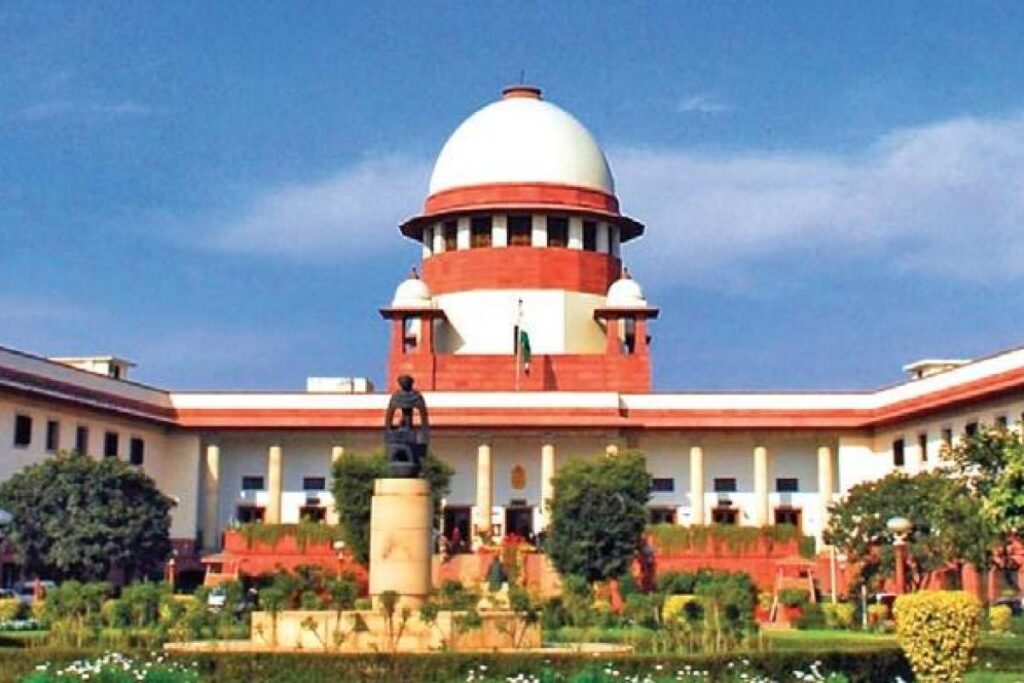New Delhi, May 17 (IANS) The Supreme Court on Wednesday observed that giving power to lieutenant governor (LG) to nominate aldermen in Municipal Corporation of Delhi (MCD) would mean that he can destabilise the democratically elected civic body.
A bench headed by Chief Justice of India D.Y. Chandrachud told additional solicitor general Sanjay Jain, representing the LG office, “is the nomination of people who have specialised knowledge in a local body is a great concern to Union of India, that Union of India representative should…otherwise what happens is…by giving this power to LG he can effectively destabilise the democratically elected municipal corporation.”
The Chief justice said: “Because these people will sit in standing committees…by taking 10 people of his choice he can effectively… they have the voting power then…”
The bench, also comprising justices P.S. Narasimha and J.B. Pardiwala, has reserved the judgment on AAP-led Delhi government’s petition to quash the notifications of January 3 and 4, 2023, to nominate the aldermen.
The Lieutenant Governor (LG) office, in a written response, has told the Supreme Court that the governance of municipalities is independent of the regime of governance of the elected state governments and the role of LG as an administrator under the Delhi Municipal Corporation (DMC) Act is not a “mirror-image” of what is provided under the Government of National Capital Territory of Delhi (GNCTD Act), or Article 239AA of the Constitution.
The LG’s office, in an affidavit in the apex court, said: “MCD is an institution of self-government and the role of the administrator, within the meaning of the MCD Act is not a mirror image of what is provided either under Article 239AA or under the GNCTD Act.”
Defending his decision to nominate 10 aldermen in the Delhi municipal corporation, the LG’s office said the independent mechanism of self-government is separate and distinct from the mechanism/framework of the GNCTD Act.
The affidavit said: “The spheres of authority for the elected government of Delhi and the Lt. Governor of NCT of Delhi have been specifically delineated under the DMC Act. It is submitted that the Lt. Governor is referred to as the Administrator in the DMC Act and has been identified as a source of authority, distinct from the Central Government and the GNCTD.”
The Delhi government sought quashing of orders dated January 3 and 4, 2023, and consequent gazette notifications, whereby the LG appointed 10 nominated members to the Municipal Corporation of Delhi (MCD) on his own initiative, and not on the aid and advice of the council of ministers.
The plea contended that nominations in question have been made under Section 3(3)(b)(i) of the Delhi Municipal Corporation Act, 1957 (DMC Act), which provides that the MCD should include, apart from the elected councillors, 10 persons of not less than 25 of age and who have special knowledge or experience in municipal administration, “to be nominated by the administrator.”

